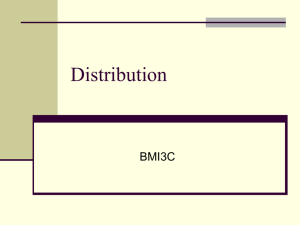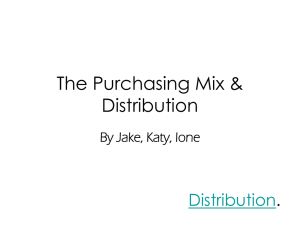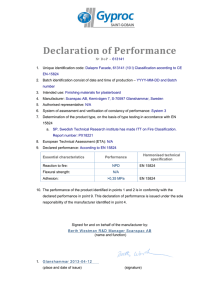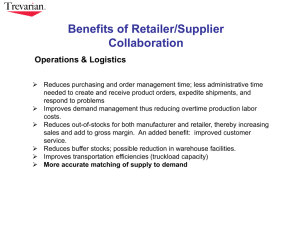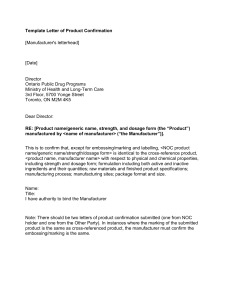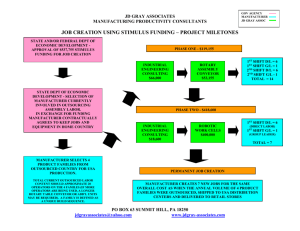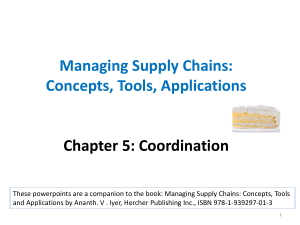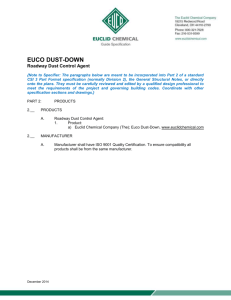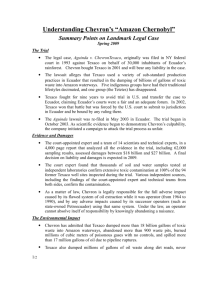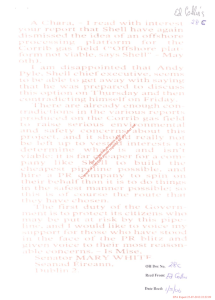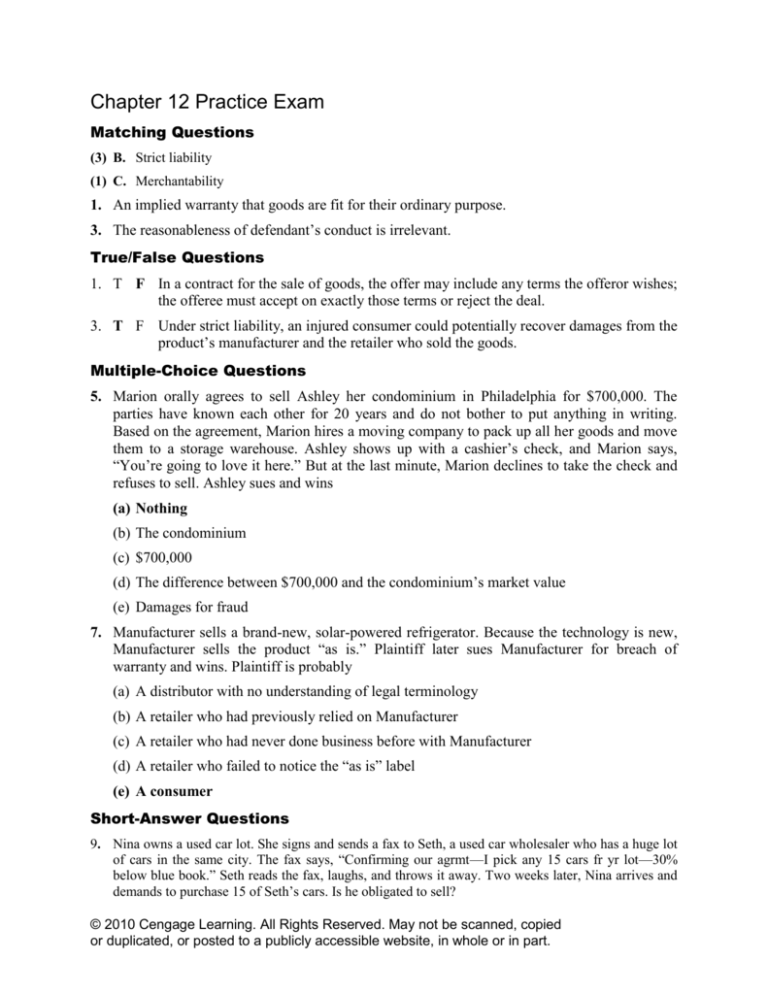
Chapter 12 Practice Exam
Matching Questions
(3) B. Strict liability
(1) C. Merchantability
1. An implied warranty that goods are fit for their ordinary purpose.
3. The reasonableness of defendant’s conduct is irrelevant.
True/False Questions
1. T F In a contract for the sale of goods, the offer may include any terms the offeror wishes;
the offeree must accept on exactly those terms or reject the deal.
3. T F Under strict liability, an injured consumer could potentially recover damages from the
product’s manufacturer and the retailer who sold the goods.
Multiple-Choice Questions
5. Marion orally agrees to sell Ashley her condominium in Philadelphia for $700,000. The
parties have known each other for 20 years and do not bother to put anything in writing.
Based on the agreement, Marion hires a moving company to pack up all her goods and move
them to a storage warehouse. Ashley shows up with a cashier’s check, and Marion says,
“You’re going to love it here.” But at the last minute, Marion declines to take the check and
refuses to sell. Ashley sues and wins
(a) Nothing
(b) The condominium
(c) $700,000
(d) The difference between $700,000 and the condominium’s market value
(e) Damages for fraud
7. Manufacturer sells a brand-new, solar-powered refrigerator. Because the technology is new,
Manufacturer sells the product “as is.” Plaintiff later sues Manufacturer for breach of
warranty and wins. Plaintiff is probably
(a) A distributor with no understanding of legal terminology
(b) A retailer who had previously relied on Manufacturer
(c) A retailer who had never done business before with Manufacturer
(d) A retailer who failed to notice the “as is” label
(e) A consumer
Short-Answer Questions
9. Nina owns a used car lot. She signs and sends a fax to Seth, a used car wholesaler who has a huge lot
of cars in the same city. The fax says, “Confirming our agrmt—I pick any 15 cars fr yr lot—30%
below blue book.” Seth reads the fax, laughs, and throws it away. Two weeks later, Nina arrives and
demands to purchase 15 of Seth’s cars. Is he obligated to sell?
© 2010 Cengage Learning. All Rights Reserved. May not be scanned, copied
or duplicated, or posted to a publicly accessible website, in whole or in part.
Answer: Probably. Under UCC §2-201(2), a signed memo between merchants that would be binding
against the sender is sufficient to satisfy the statute of frauds against the recipient if he reads it and
fails to object within 10 days.
11. ETHICS: Texaco, Inc., and other oil companies sold mineral spirits in bulk to distributors, which
then resold to retailers. Mineral spirits are used for cleaning and are harmful or fatal if swallowed.
Texaco allegedly knew that the retailers, such as hardware stores, frequently packaged the mineral
spirits (illegally) in used half-gallon milk containers and sold them to consumers, often with no
warnings on the packages. David Hunnings, age 21 months, found a milk container in his home,
swallowed the mineral spirits, and died. The Hunningses sued Texaco in negligence. The trial court
dismissed the complaint, and the Hunningses appealed. What is the legal standard in a negligence
case? Have the plaintiffs made out a valid case of negligence? Assume that Texaco knew about the
repackaging and the grave risk but continued to sell in bulk because doing so was profitable. (If the
plaintiffs cannot prove those facts, they will lose even if they do get to a jury.) Would that make you
angry? Should the case go to a jury? Or did the fault still lie with the retailer and/or the parents?
Answer: The standard is whether the defendant acted as a “reasonable person” would have. The appeals court reversed, holding that the plaintiffs had made out a valid negligence claim and were entitled to take their evidence to a jury. Plaintiffs could argue, e.g., that Texaco should have provided
warnings of the danger, should have discouraged distributors from selling to retailers who illegally
packaged the goods in used milk containers, and should have refused to sell to distributors who didn’t
cooperate. Hunnings v. Texaco, Inc., 29 F.3d 1480 (11th Cir. 1994).
13. ROLE REVERSAL: Write a multiple-choice question that contrasts the common-law rules of
contract formation with those of UCC §2-204.

